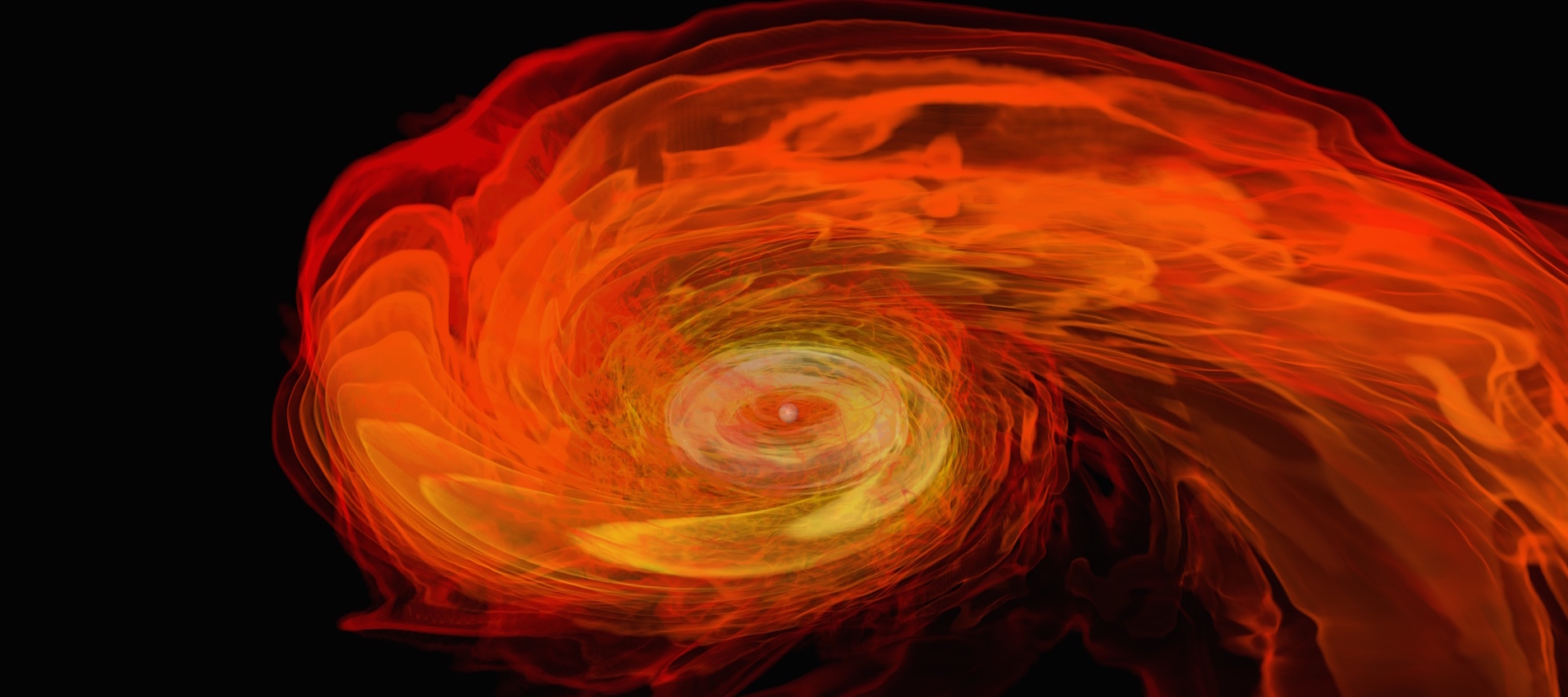An Introduction to Computing in Physics
Physics 298 owl, Summer 2017
Loomis 222, Monday, Thursday afternoons, 3 pm - 4:50 pm
2 credit hours
This is the first time we've offered the course during the summer!

The basics
Physics 298owl will teach you to be a fearless code warrior, exploring the behaviors of systems that are too complicated for analytic characterization.
Prerequisites: Physics 211, Math 231. Corequisites: Physics 225, Physics 212. No prior programming experience is required.
Two credit hours.
Required stuff
I will distribute a printed version of part of the semester's in-class and homework assignments on the first day. You must come to each class (including the first) with a Windows or Mac OS laptop. You'll need to have a couple of gigabytes of available disk space for the first-day installation of the version of Python that we'll be using. Please be sure to bring your power adapter too.
But really, now
You will learn to do remarkable things. By the end of the first unit you will calculate the trajectory of a relativistic starship and confirm an insight of Ramanujan, the "Man Who Knew Infinity." Soon after that you will generate diagrams of spacetime curvature around black holes. You will confirm that General Relativity is responsible for the non-Newtonian behavior of Mercury's orbit, and calculate π using simulated grains of sand. There will be chaos, and pattern recognition in noisy environments.
Dates
Homework assignments are due in class at the start of each class. Be sure you have answered the questions about time spent, online resources, and so forth.
There will be an in-class 30 minute quiz on Thursday June 22 and an in-class 90 minute final exam on Thursday July 27.
OWL?
For obscure reasons courses with numbers like 199 and 298 are classified as "independent study" even when they're not. The university requires us to append a three-letter code to the course number. Since the owl is the symbol of Athena—goddess of wisdom, inspiration, mathematics, strength, and other good things—"OWL" seemed like a sensible choice.

